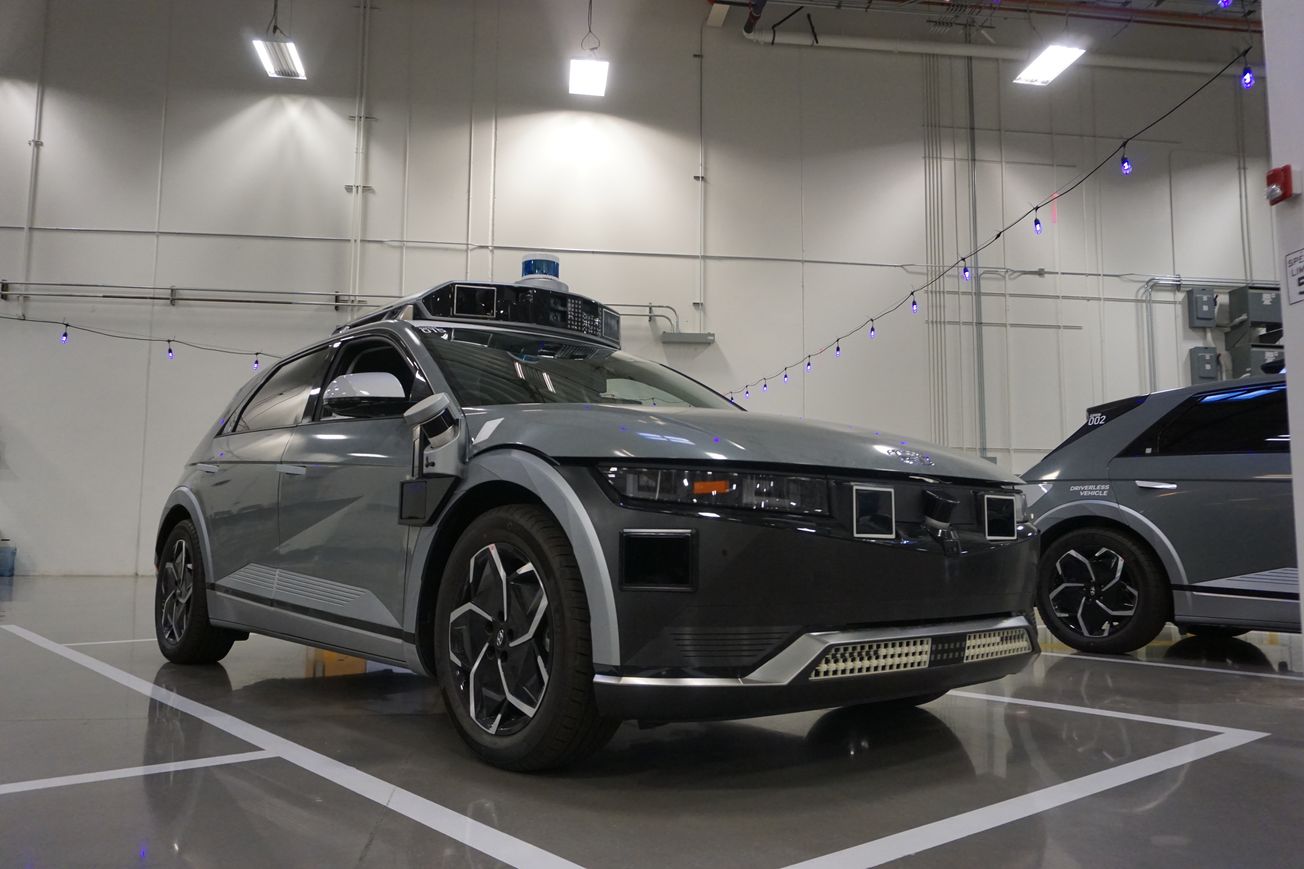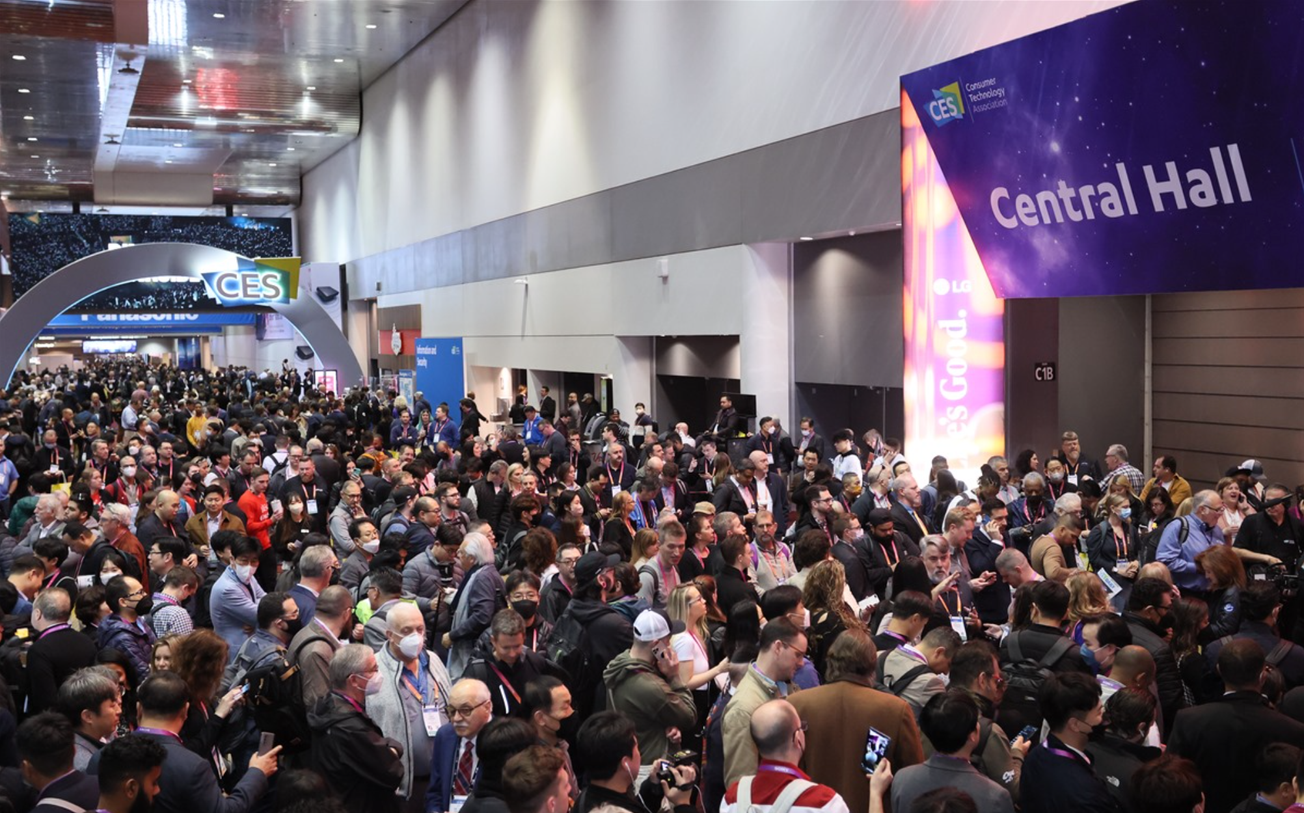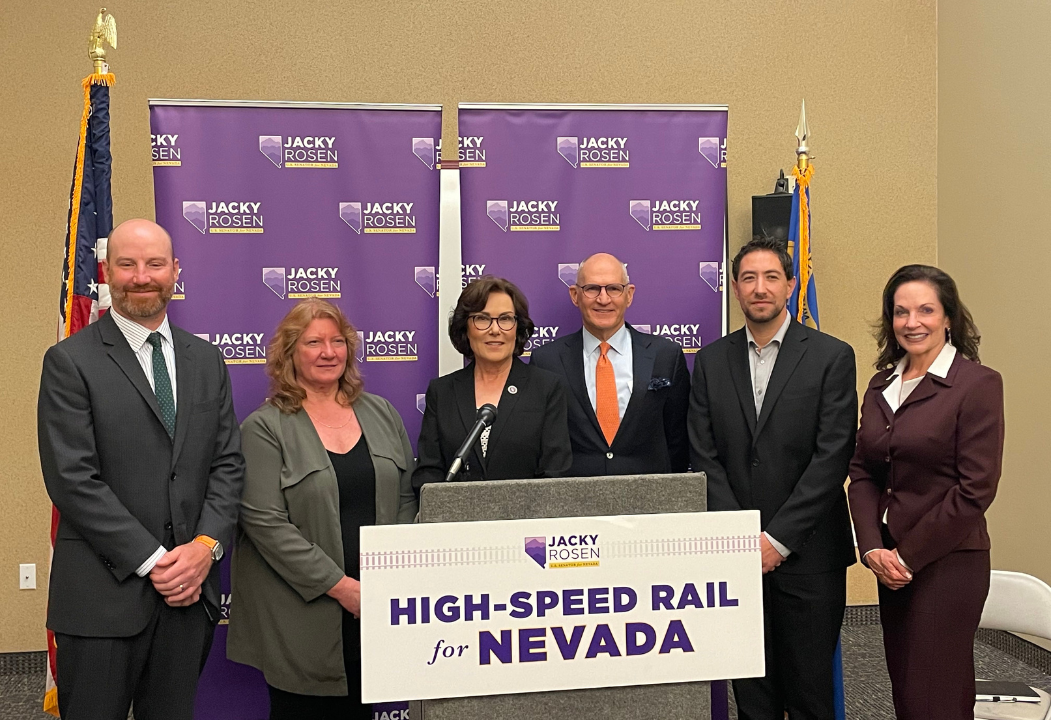Subscribe to our email newsletter and follow us on social media.
Yesterday, the Nevada Conservation League and Motional, a driverless vehicles technology company, hosted a discussion alongside Assemblywoman Rochelle Nguyen and Clark County Commissioner Justin Jones about the future of transportation in Southern Nevada and initiatives the state and local municipalities can take.
The discussion emphasized the need for investments in technology that better meets the challenges posed by the climate crisis, population growth, and gaps in equity and access for underserved communities. Following the discussion, attendees toured Motional’s technical center, where the company is developing fully driverless, all-electric robotaxis that will first launch in Las Vegas in 2023.
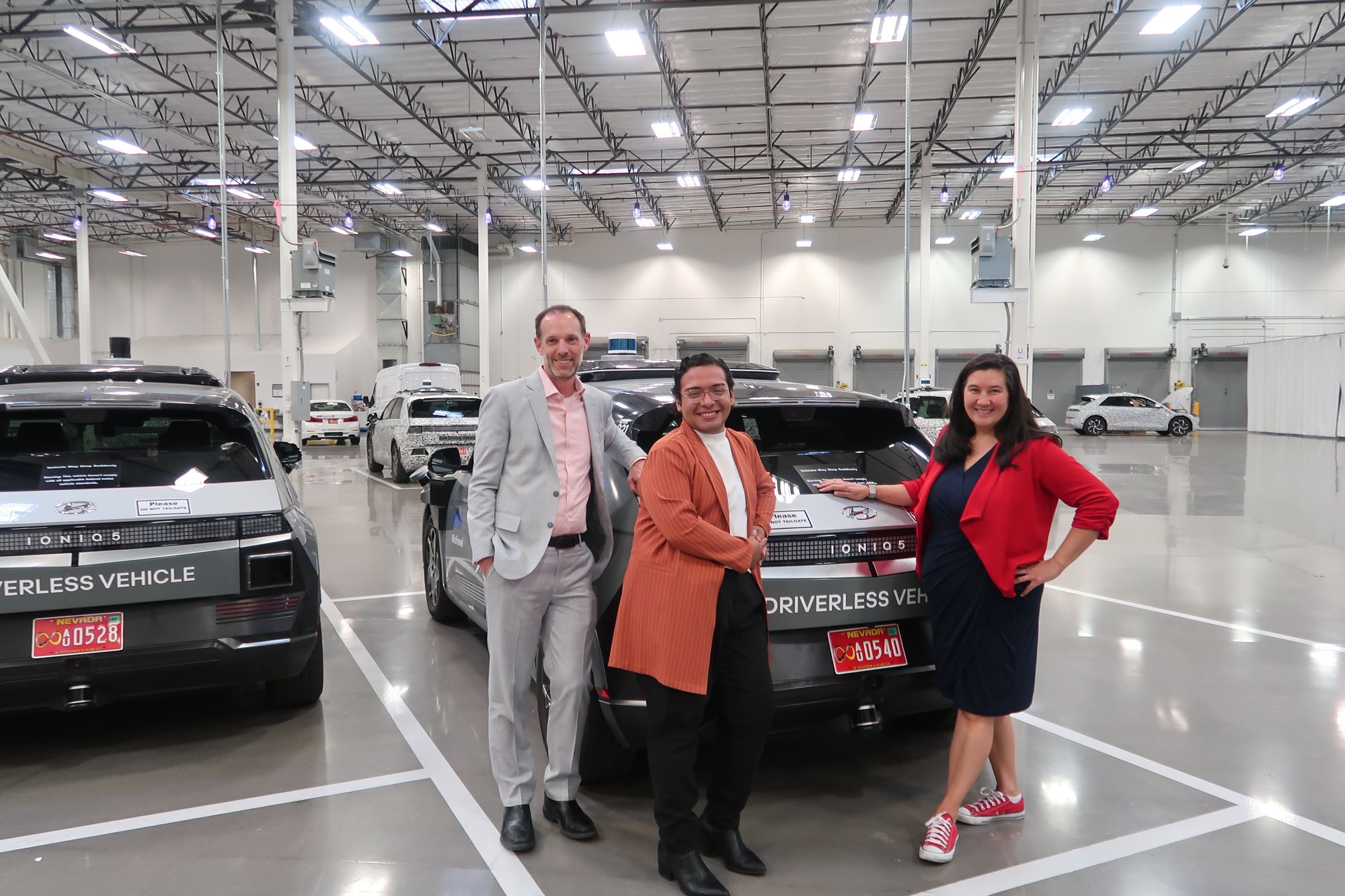
The transportation sector is the largest contributor to greenhouse gas emissions in the state, accounting for 36% of the emissions in Nevada in 2019, according to Nevada Division of Environmental Protection's report. As the state works to reach net-zero emissions by 2050, electrifying transportation will play a significant role in reducing greenhouse gas emissions.
Motional’s latest consumer survey shows many Americans recognize that their communities haven’t done enough to increase transportation equity and feel autonomous vehicles (AVs) will help improve mobility. The survey also found growing awareness and interest in AVs among the public. Half of respondents believe AVs will be available in their communities within five years, up from 39% in 2020.
While investments are increasing the number of electric vehicle charging stations and recent clean car standards are providing consumers with more options to purchase electric vehicles, there are concerns about access to clean energy benefits.
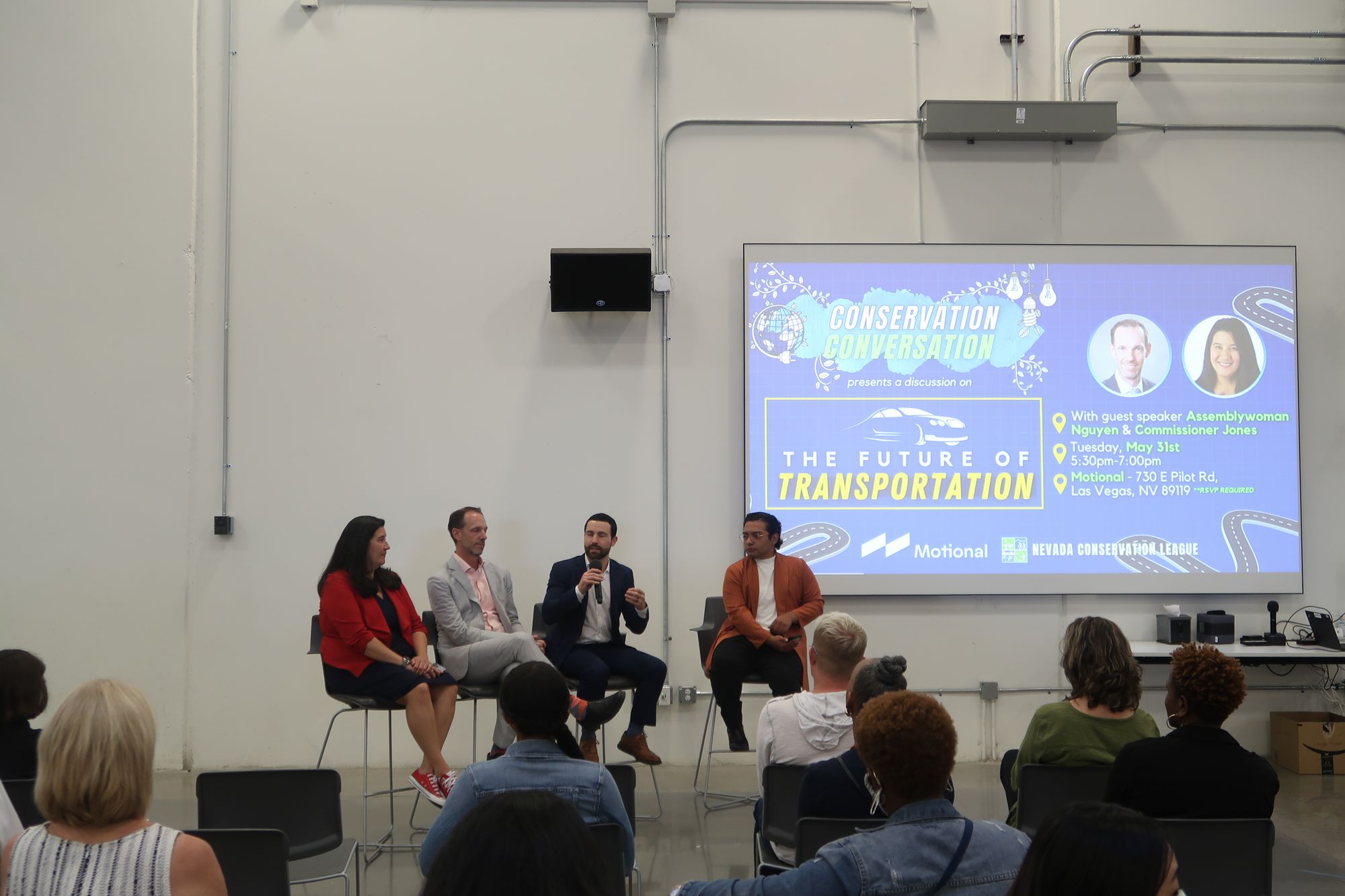
Nevada has made major strides in transportation electrification. In 2021, Governor Sisolak signed into law clean energy legislation to expand electric vehicle charging infrastructure, invest in energy efficiency programs, and strengthen the state’s transmission grid. This year, Nevada joined a multi-state agreement to accelerate the electrification of medium and heavy-duty vehicles by 2050.
At the federal level, President Biden’s Infrastructure Investments and Jobs Act includes a total of $7.5 billion to build out a nationwide network of 500,000 electric vehicle chargers. Nevada is set to receive $38 million over five years from those funds, to build out electric vehicle charging networks in the state. Additionally, $5 billion will go to the United States Environmental Protection Agency’s new Clean School Bus Program over the next five years to help schools make the switch from diesel school buses to zero-emission and low-emission models.
Subscribe to our email newsletter and follow us on social media.

